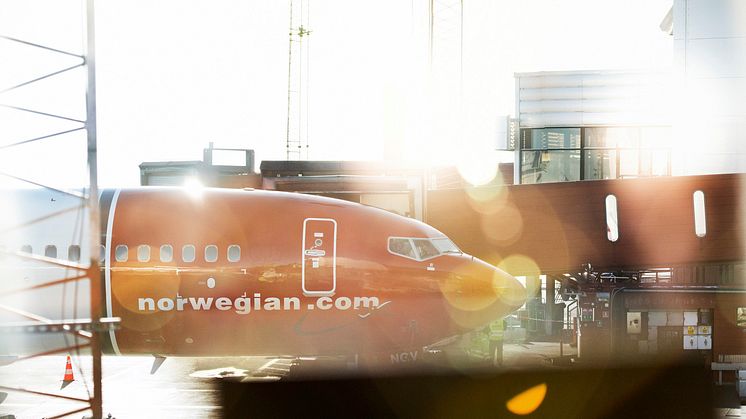COVID-19 continues to heavily impact Norwegian’s traffic figures
Norwegian’s traffic figures for October are heavily influenced by lower demand caused by continued travel restrictions across Europe, with several new red zones.
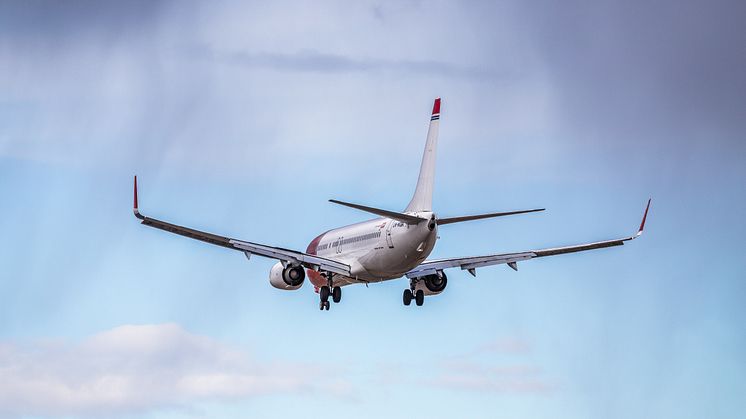
Norwegian’s traffic figures for October are heavily influenced by lower demand caused by continued travel restrictions across Europe, with several new red zones.

Norwegian has been named Europe’s Leading Low-Cost Airline 2020 for the sixth consecutive year at the 27th annual World Travel Awards, one of the travel industry's most prestigious awards.
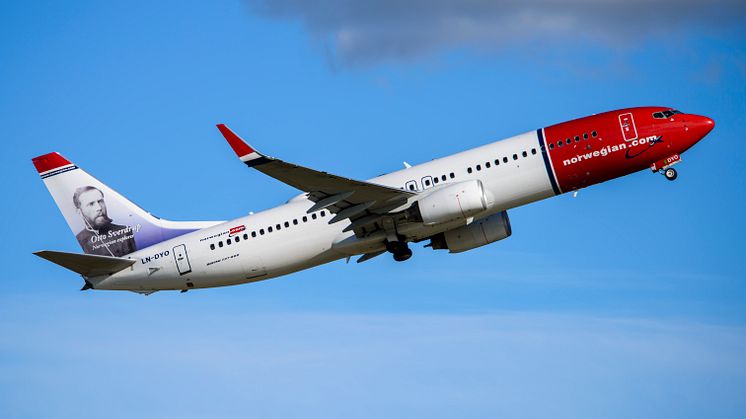
Norwegian’s traffic figures for September are heavily influenced by lower demand caused by new and stricter travel restrictions across Europe.
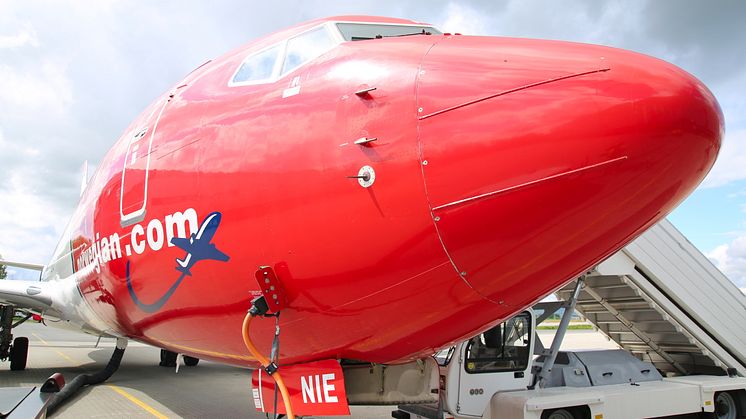
Today Norwegian has launched a new environmental sustainability strategy that will begin immediately and deliver several industry leading targets. Cutting CO2 emissions by 45 percent, remove all non-recyclable plastics and recycle all single-use plastics are key commitments in the new strategy. The goal is in line with the 1.5°C target set forth in the Paris Agreement.
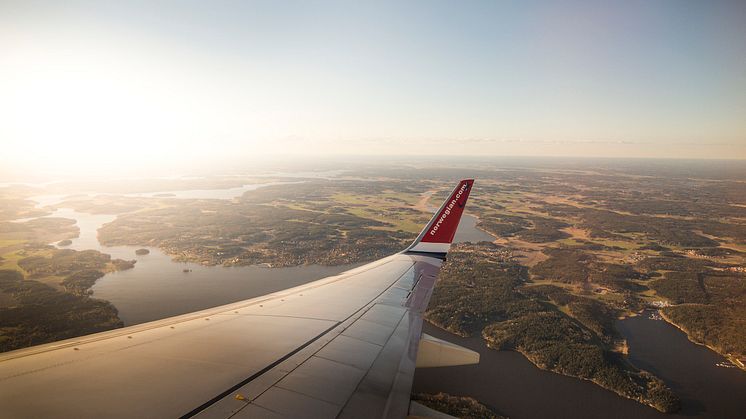
Norwegian’s traffic figures for August are heavily influenced by the COVID-19 outbreak and the subsequent travel restrictions and drop in demand. In August, capacity was 94% lower than last year, while the flights that were operated had a load factor of 62.1%.
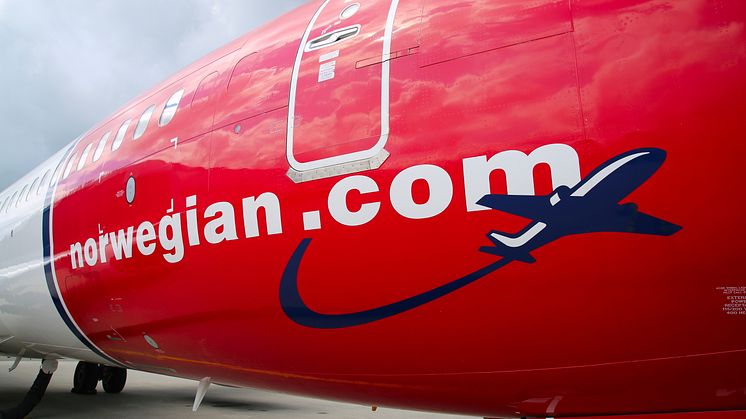
Norwegian today reported its results for the first half year of 2020. The figures are as expected heavily impacted by the COVID-19 pandemic with a net loss of NOK 5.3 billion. During the first half of 2020, 5.31 million customers travelled with the company; a decrease of 71 percent compared to the same period last year.
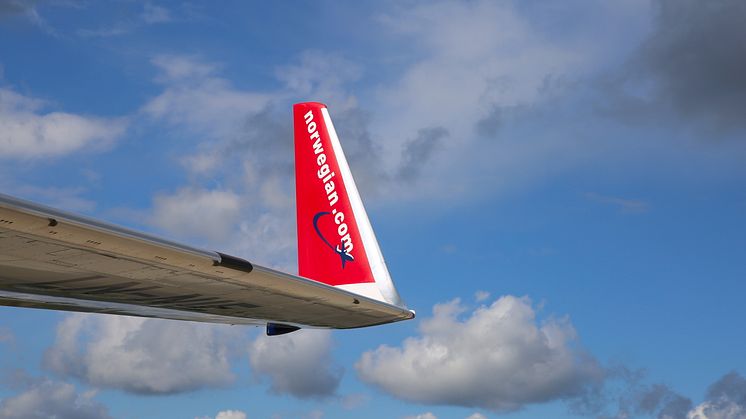
Norwegian has scheduled a presentation of the interim report for the second quarter and first half year 2020 on Friday 28 August and invite to a presentation and live stream at 08:30 CET.
Tor-Arne Fosser will join Norwegian as Executive Vice President (EVP) Airline Ecosystem from October 1, 2020. He is currently the Chief Marketing Officer for Telenor Denmark.
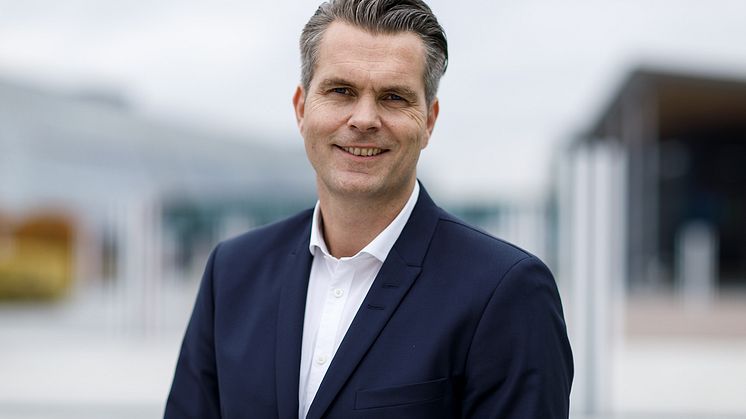
Norwegian is pleased to announce that in line with other European carriers and as a result of increased customer demand the airline will begin to operate flights between London Gatwick to Oslo, London Gatwick to Copenhagen, Edinburgh to Oslo and Edinburgh to Copenhagen from July 1st.
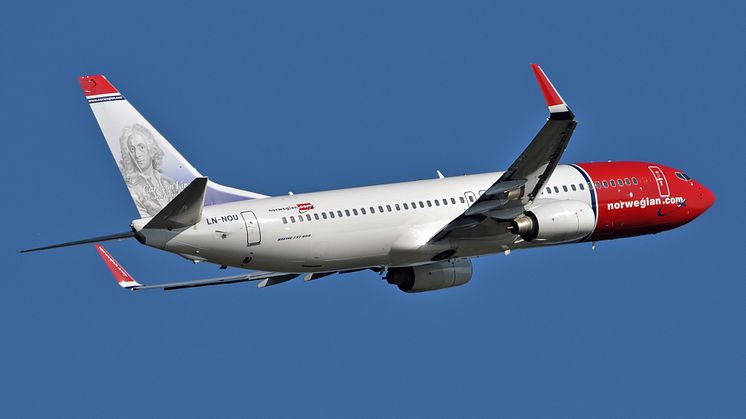
CEO Jacob Schram today announces the new management structure in Norwegian. The biggest changes involve two distinct commercial units in the Group, greater employee and customer focus, more efficient operation and, not least, an organization that facilitates broad cooperation across the business.
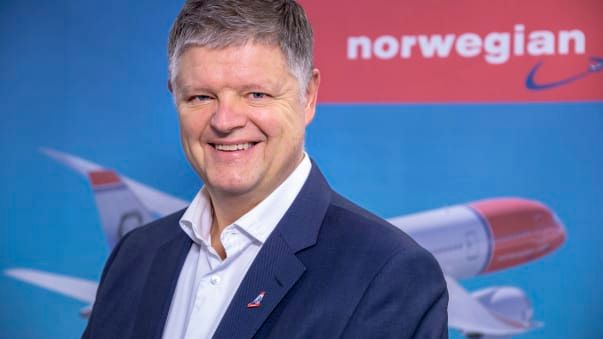
Norwegian confirms that the restructuring is completed and that the state loan guarantee of in total NOK 3 billion has been approved. The company has now converted NOK 12.7 billion of debt to equity and laid a solid foundation for the future, although the next months will remain challenging.
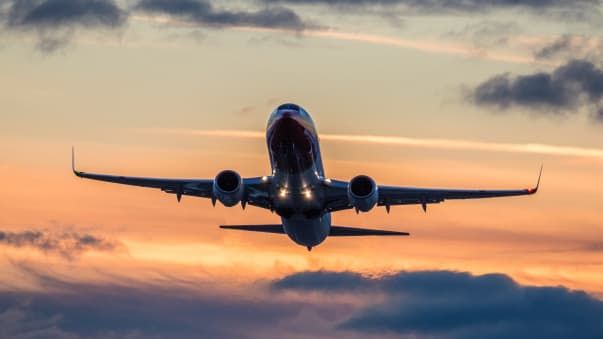
The pilots and cabin crew in Scandinavia are employed in subsidiaries in the Norwegian Group. Unfortunately, despite the measures that the company has already taken to reduce costs, the Board of these companies are left with no choice but to apply for bankruptcy.
